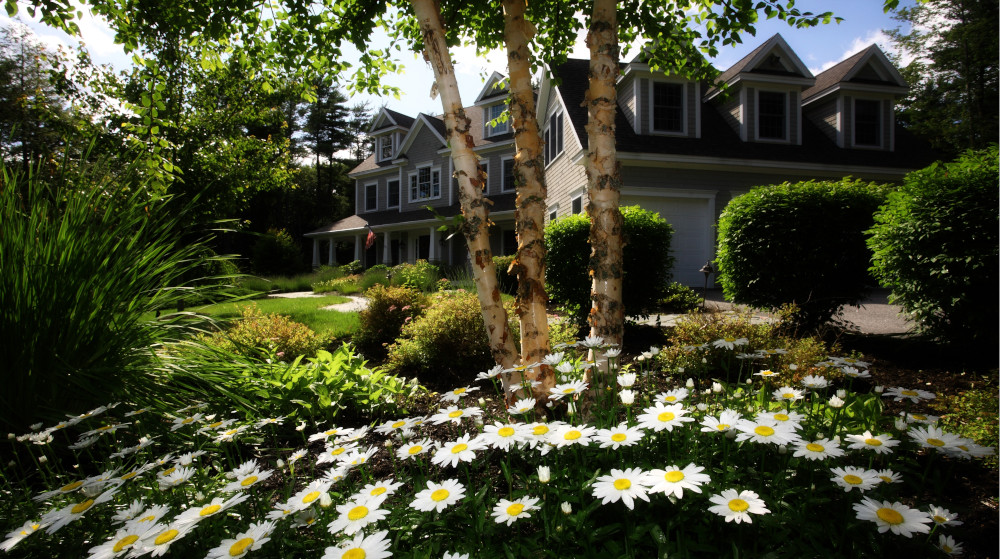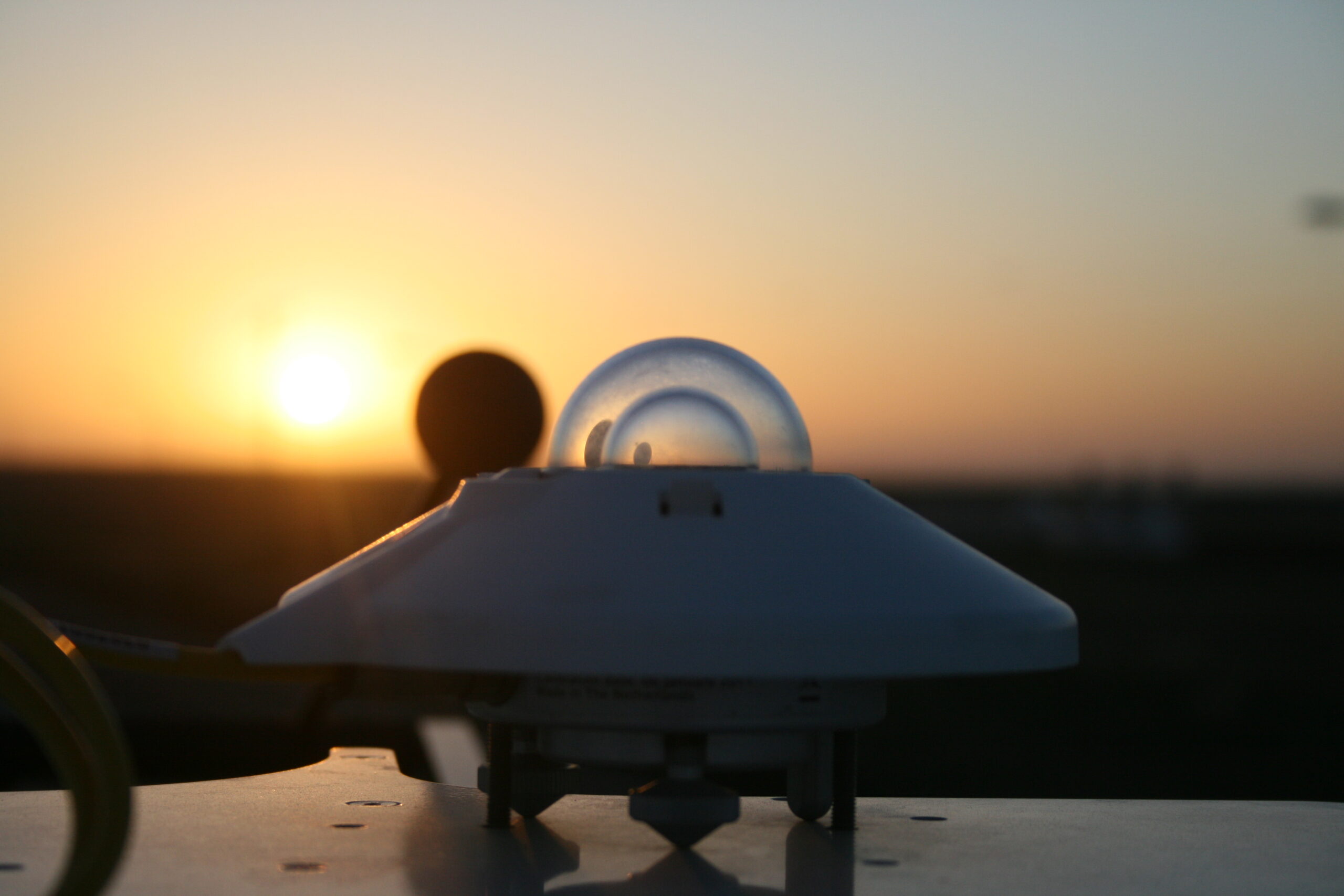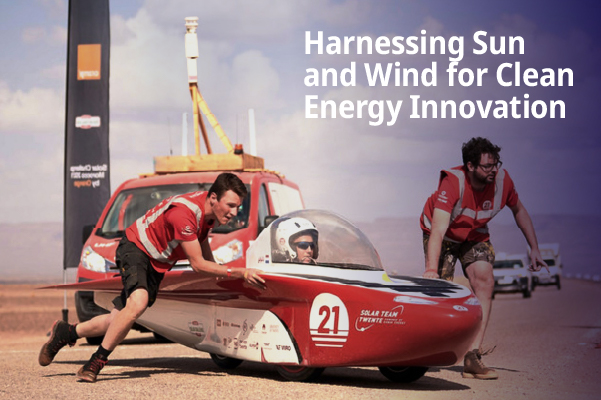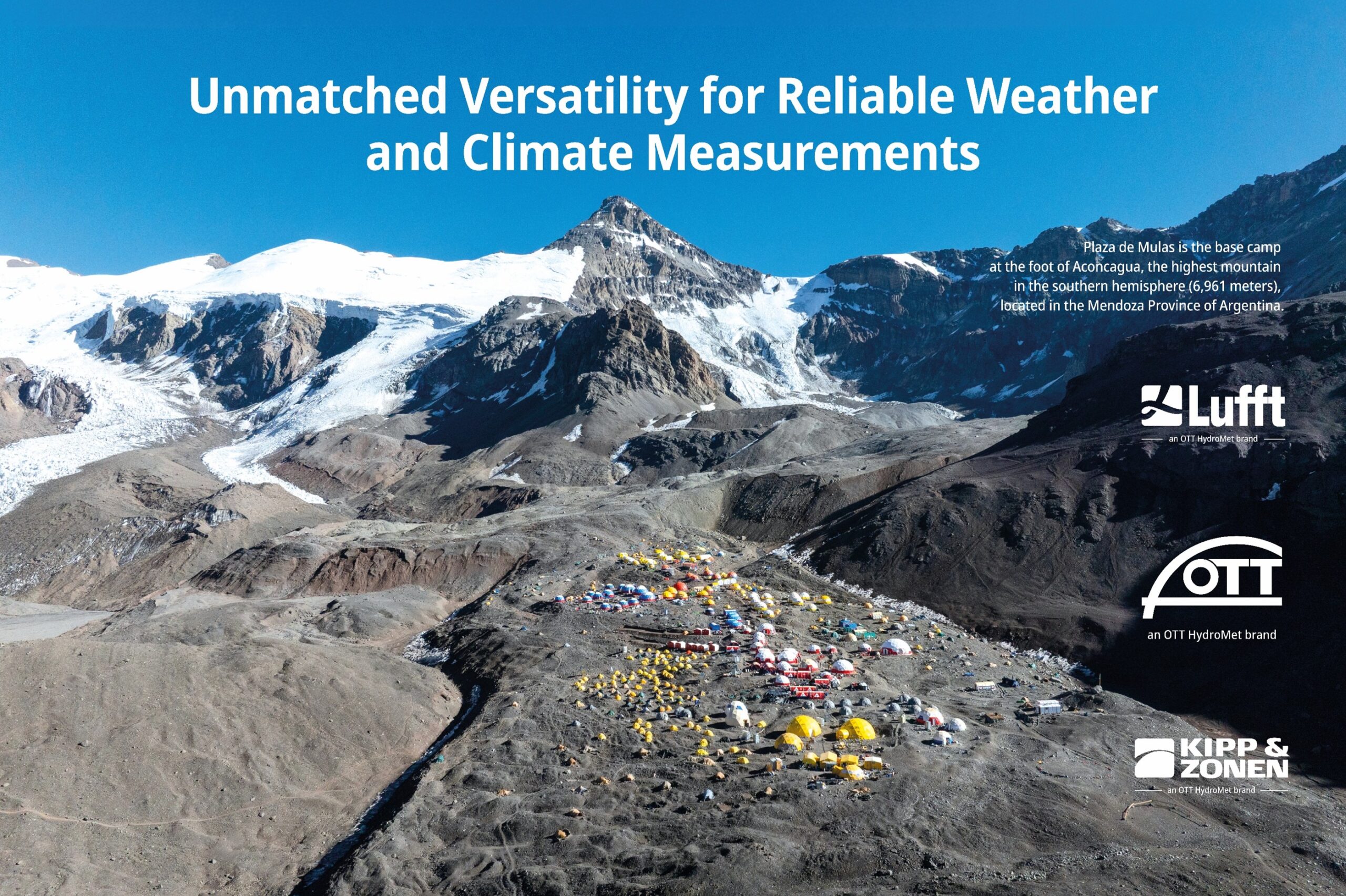In addition to the factors of light, temperature and nutrient availability, water is one of the most important prerequisites for healthy plant growth. If a plant lacks water, this not only inhibits growth, but in the worst case even leads to death of the plant. Since dry periods in summer are not uncommon, irrigation is of particular importance in practice.
Water: The basic criterion for a beautiful garden
Whether the garden in summer resembles a green oasis or a barren strip of land depends primarily on the water balance in the soil. Plants need water for the vital process of photosynthesis because CO2 can only be converted into oxygen and glucose with the help of water. While some species require only little moisture, other genera such as many fruit and vegetable plants have a very high water requirement. Although gardeners can improve the storage capacity of the soil through measures such as mulch, rainfall does not occur for longer periods of time and in most cases artificial irrigation is required. Plants with flat roots and young trees in particular tend to dry out quickly during prolonged drought.
What is the best way to water plants in summer?
The aim of garden irrigation is to prevent the soil from drying out. Ideally, a certain moisture content should be maintained for this purpose. However, this is very difficult to achieve with classic irrigation methods such as watering cans. Since continuous watering at short intervals is impracticable, the plants should be watered less often but intensively when watering by hand. The strong watering leads to the fact that the irrigation water can penetrate deeply into the soil. Small amounts of water often remain close to the surface and evaporate quickly. In order to promote infiltration, the early morning or late evening hours are particularly suitable for irrigation.
Why is intelligent environmental technology so efficient in irrigation?
With the awareness for a good irrigation a basic supply can be ensured with the watering can, but this offers a lot of potential for improvement. The irrigation with the help of technical systems is much more optimized. Coupled to mechanical irrigation systems, an optimal soil climate can be created even in dry periods. The water supply by means of intelligent environmental technology not only functions faster and better, but is also very economical. A further advantage for the garden owner is the time saved due to the elimination of the manual irrigation routine.
What applications are possible with modern irrigation technology?
Digital irrigation technology can do much more than just ensure the water supply for plants. For example, the water output can also be individually adapted to the needs of specific plant species. Sensors in the soil record the current moisture content and pass it on to a program. Smart precipitation or compact weather sensors allow intelligent and automatic control of the irrigation. In this way, it can be adapted to the prevailing weather conditions in real time. If, for example, a rain event is imminent, the system automatically reduces the amount of water released to prevent over-irrigation. Systems of this type are particularly efficient when most of the irrigation water used is extracted from rainwater. The energy costs of intelligent irrigation systems can also be compensated by the use of solar energy.
Conclusion
Those who want to get the most out of their plants in the garden, even in dry summers, shouldn’t avoid automatic irrigation using smart technologies in the long term. Thanks to advances in digital technology, these systems already offer a wide range of applications. For the garden owner, a purchase is generally worthwhile in most cases.
You are interested in the Lufft weather sensors?



